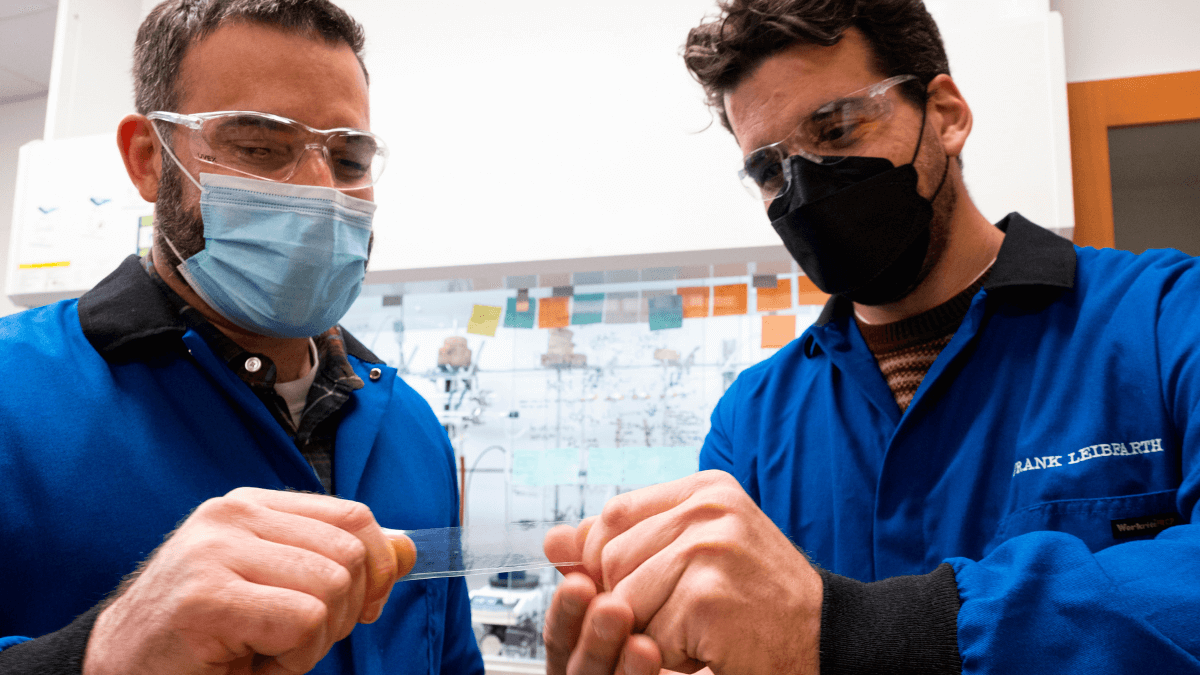Chemists describe an innovative method they use to convert plastic thrown into the trash into a stronger, more stable material commonly used for food packaging. In the framework of such an upcycling, the method could be a simpler and cheaper means of recycling plastic
[Translation by Dr. Moshe Nachmani]

Every year, the US produces the largest amount of plastic that is thrown into the trash of any other country in the world - about forty-six million tons, according to a study conducted in 2020. The current recycling rate in the US, which is only nine percent, will never meet the required rate. Why is this value so low? The chemical composition of the plastic currently sold in the economy makes this material challenging to recycle. Even meltable thermoplastics lose their stability with each cycle of use. And these facts lead to the main barrier to effective recycling - the economics behind the method; There is simply no financial incentive for this.
However, now, a team of chemists from the University of North Carolina has succeeded in developing a method to break down plastic in order to produce a new material from it that will be stronger and more stable than the original raw material - and in fact make it more valuable. "Our approach sees plastic waste as a potentially valuable source for the production of new molecules and materials," said lead researcher Professor Frank Leibfarth. "We hope that this method can generate an economic incentive for plastic recycling, literally turning waste into gold." The findings of the new study have long been published in the prestigious scientific journal Science.
Carbon-hydrogen bonds are among the strongest chemical bonds in nature. The stability of these relationships means that the conversion of natural raw materials into medicines will be a complex and challenging operation for the recycling of plastics in everyday products. However, by changing the carbon-hydrogen bonds common in polymers, the same building blocks for making plastics used in bags, water and soda bottles, food packaging, car parts and toys, it is possible to extend the life of these polymers beyond single use. Thanks to an innovative chemical agent capable of subtracting hydrogen atoms from medical compounds and polymers, the chemists were able to create new chemical bonds in locations that until now were considered impossible. "It is the versatility of our approach that enables many valuable conversions of carbon-hydrogen bonds in this wide variety of important compounds," said the principal investigator.
The researchers focus on designing polymers that will be more sophisticated, functional and sustainable, while developing a particularly absorbent polymer capable of removing dangerous substances from drinking water. The goal of the researchers is to use their innovative approach to help convert difficult-to-recycle plastics into highly valuable polymers for the chemical industry.
The researchers began their research with plastic foam used to protect electronic components during their transport that would otherwise end up in landfills. The foam itself is made of low-density plastic called "poly-olefin". By selectively removing hydrogen atoms from this polymer (polyolefin), chemists were able to develop a method to extend the life of this single-use plastic into another type of valuable plastic called an ionomer. Wikipedia entry). A common ionomer from this family is the commercial material Dow's SURLYNTM Used in a wide variety of food packaging.
Most recycled plastic is converted into low-quality products, such as rugs or polyester fabrics, which may still end their lives in landfills. Plastic dumped into waterways endangers marine life if the animals there are mistaken in thinking that the plastic can be used as food for them. However, if the chemistry of this plastic can be repeatedly changed, then "this could change the way we treat plastic," said the lead researcher.
Chemists from the University of North Carolina have succeeded in developing a radical method that gives "extra life" to single-use plastic by 'upcycling' it into an innovative material of higher value (photo courtesy: Jon Gardiner)

One response
Offer: Mishbuh.